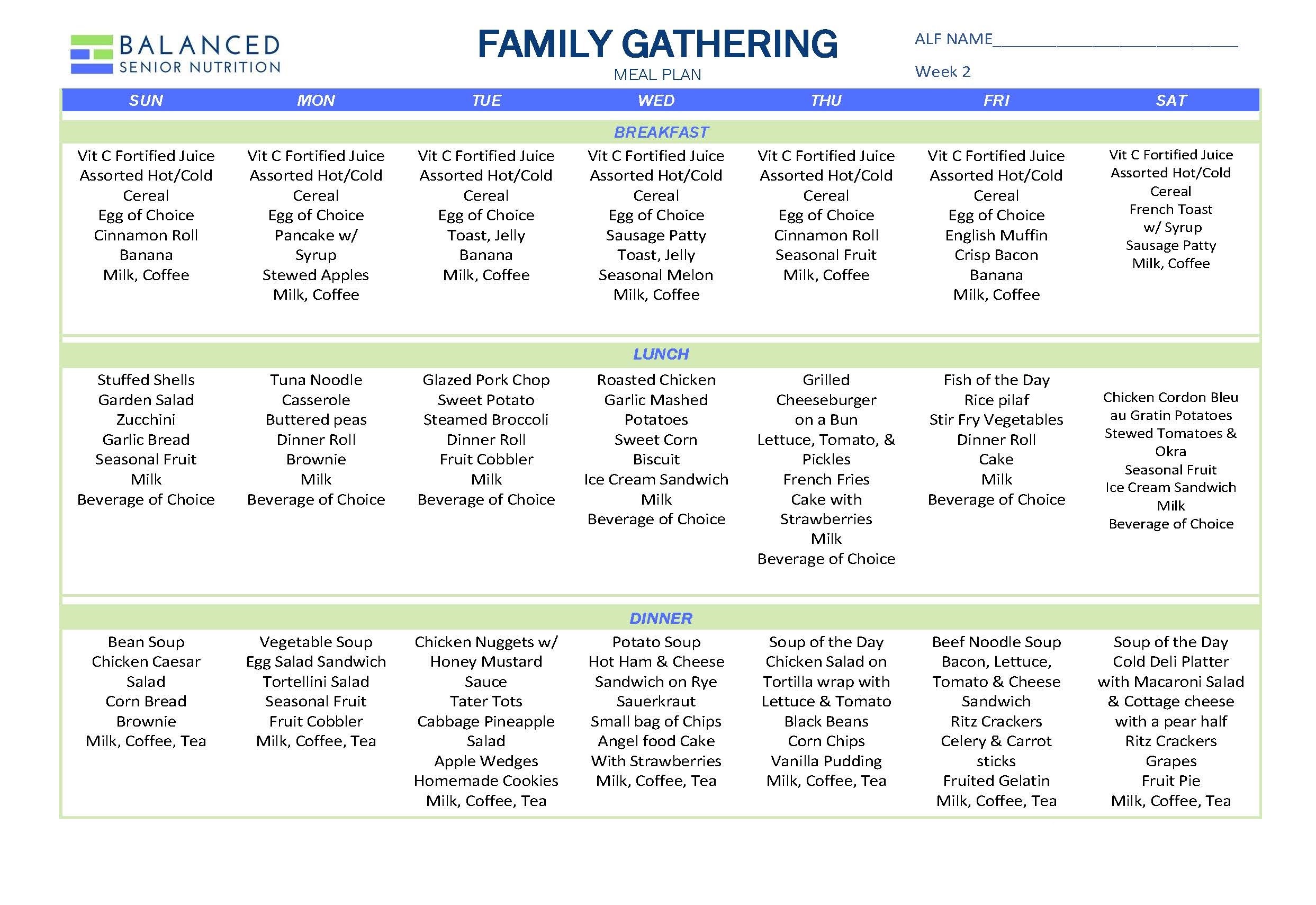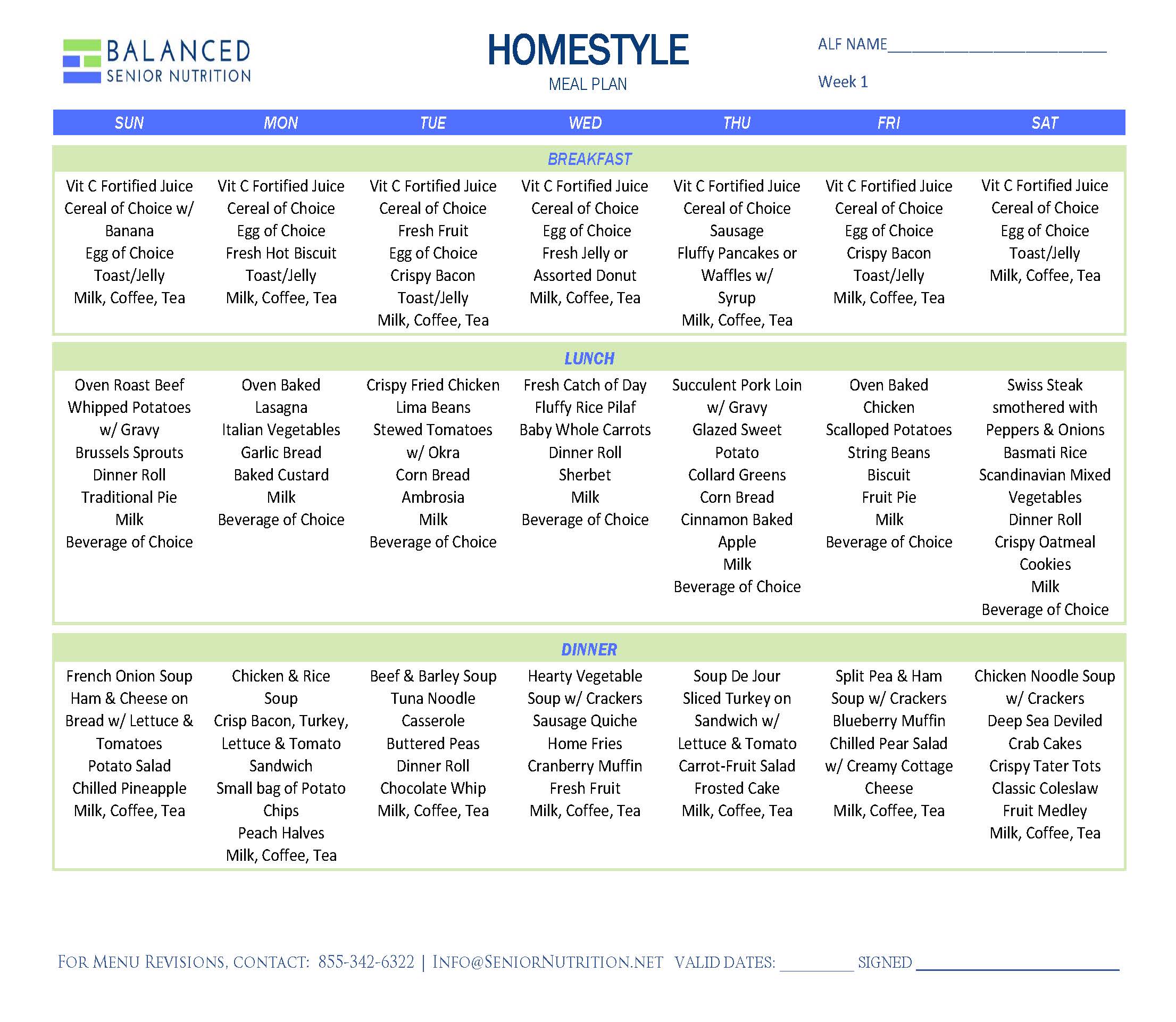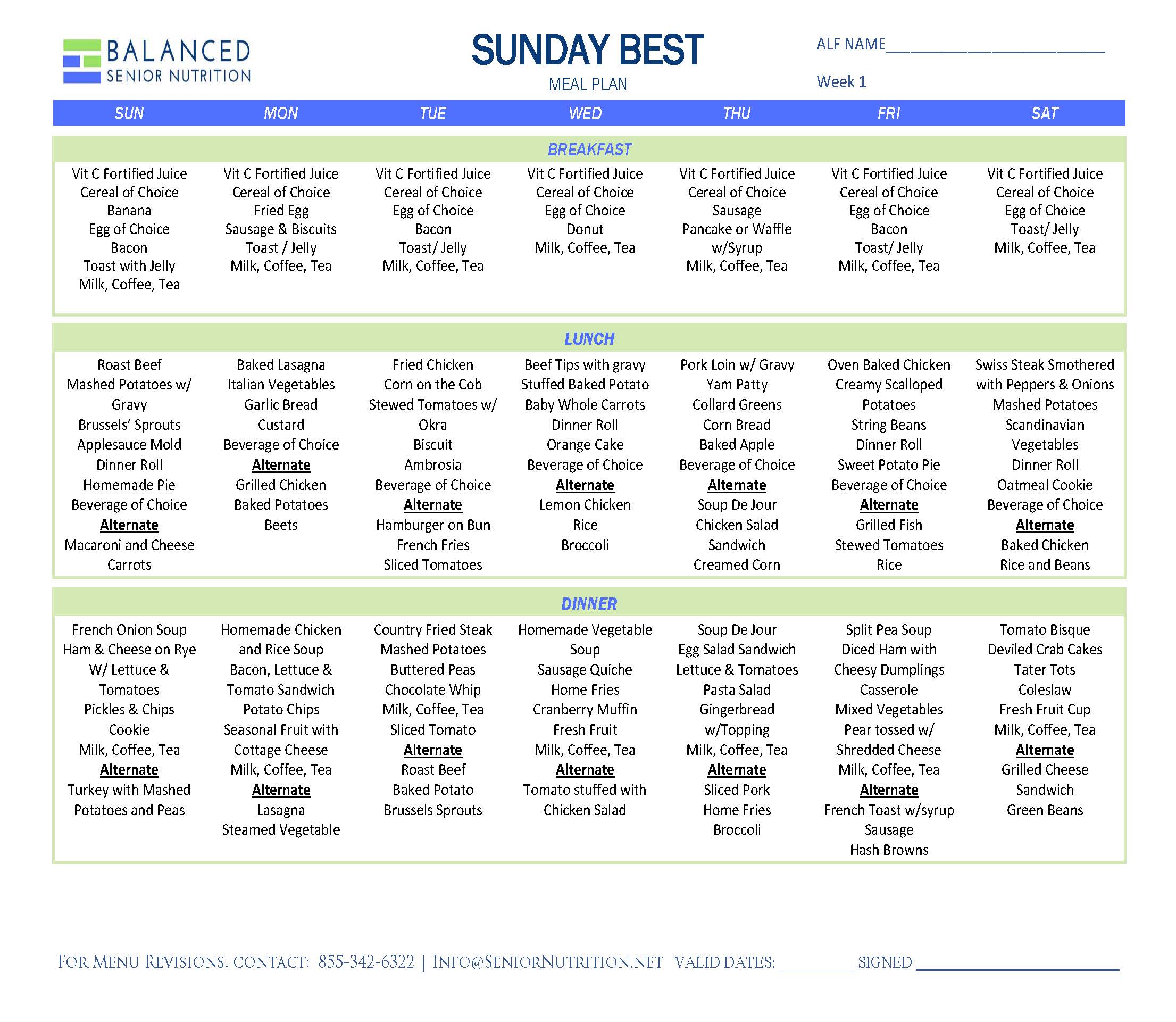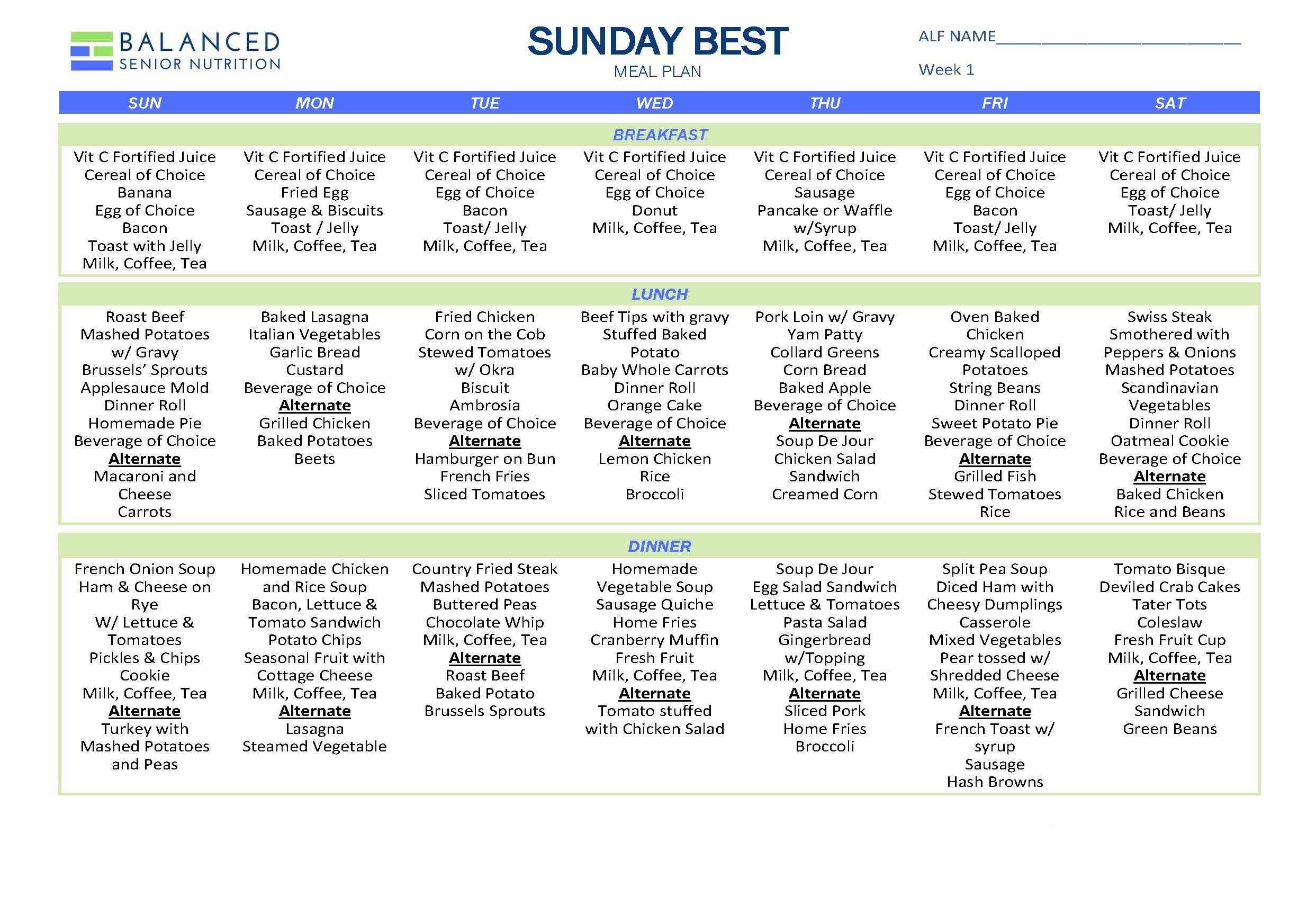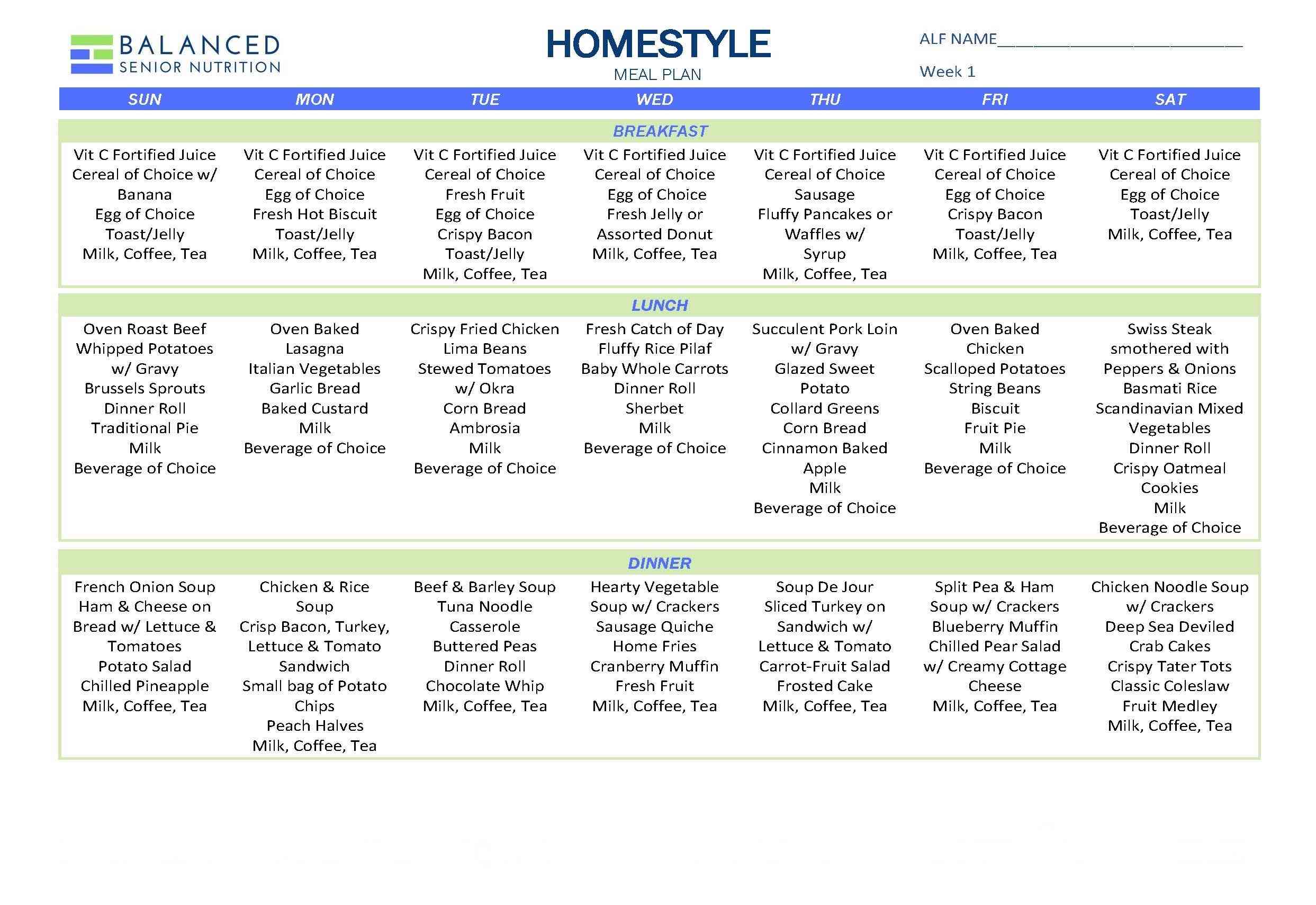I am not alone in my passion to offer better quality of life to the elderly in long-term care communities without compromising quality care. In 2010 a group of concerned people gathered to address some startling facts that had been emerging:
50%‐70% of residents leave 25% or more of their food uneaten at most meals
60%‐80% of residents have a physician or dietitian order to receive dietary supplements
25% of residents experienced weight loss when research staff conducted standardized weighing procedures over time
23% to 85% of residents show signs of protein energy undernutrition, making malnutrition one of the most serious problems facing health professionals in long-term care.
According to the Centers for Medicare and Medicaid Services (CMS), the most frequent questions and concerns received by their staff focused on the physical environment and dining/food policies in nursing homes. As a result, the CMS approached the Pioneer Network to join forces with similar national associations to hold their second co-sponsored national symposium: Creating Home II National Symposium on Culture Change and the Food and Dining Requirements.
Out of this joint effort came a 62 page document – New Dining Practice Standards.
Fullscreen capture 12172014 122132 PM
GOAL STATEMENT: Establish nationally agreed upon new standards of practice supporting individualized care and self‐directed living versus traditional diagnosis‐focused treatment.
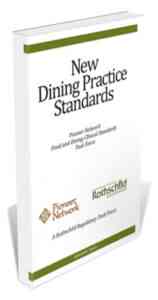 WHO SETS THE STANDARDS OF PRACTICE?
WHO SETS THE STANDARDS OF PRACTICE?
CMS does not set the standards of practice. Each professional organization writes standards of practice for their own members.
Twelve national professional organizations representing these people were called together with this goal:
“Each profession serving elders in long‐term care develop and disseminate standards
of practice for their professional accountability that addresses proper training,
competency assessment, and their role as an active advocate for resident rights and
resident quality of life from a wellness perspective in addition to quality of care
from a medical perspective.”
EVIDENCE-BASED RESEARCH
The New Dining Practice Standards reflects the considerable effort of the Task Force to obtain evidence. Therefore the evidence-based research in this document is up-to-date. In the Current Thinking portions of each section there is a list of recommended future research. This is the result of current thinking and consensus which are in advance of research.
EMPOWERING DOCUMENT TO BE STUDIED
I believe that the New Dining Practice Standards is a document to be studied and applied to our work in the field of nutrition in long-term care communities. It is a tool that will help us secure quality of life for those individuals who should still have the right to choose what and when they would like to eat. You can download the PDF version of the full 60 page document or a condensed version. I will begin to discuss practical application for each course of practice and some of the challenges and hurdles we may encounter along the way.
As we continue, I would love to hear how you are applying these new standards or address any particular issues you may encounter trying to uphold them. By utilizing this document to guide our dining consultation options, we hope to combat common difficulties in long-term care communities such as weight loss and dehydration in the elderly. By offering the most recent innovations and thoughts in dietitian consulting for elders, the team at BSN Solutions can help your LTC community provide the best nutrition choices possible for your residents.
Until next time,
Diane Hall, RD, LD, NHA – “The Voice for Choice”
President/CEO, BSN Solutions




